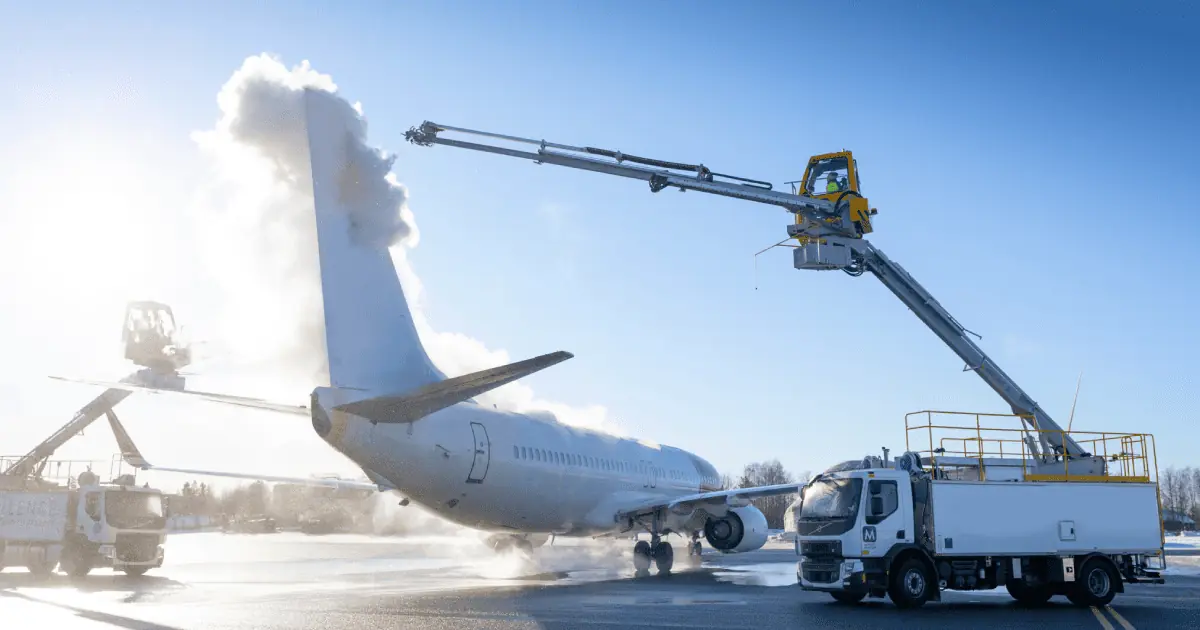5 Ground Handling Services You Need for a Successful Flight
23 Jan, 2026
Be it a commercial airline or private jet; it is essential to have efficient and reliable ground handling processes in place.
Ground handling is the term used to describe the services provided by ground personnel and includes pre-flight tasks such as loading and unloading cargo and luggage, refueling, aircraft maintenance, and more. It also includes post-flight tasks such as catering services and cleaning the aircraft.
Ground handling is an essential part of the aviation industry and can significantly affect the safety, comfort, and efficiency of air travel.
However, since ground handling is a broad term that refers to a wide range of services, it can be challenging for some to understand just how important it is and what goes into it.
As such, things like the importance of adhering to safety standards and regulations and the advantages of quality ground handling services are foreign concepts to many.
Read on to learn more about standard ground handling services and how they contribute towards making your flight a massive success.
At JBS, we offer ground handling and flight support solutions that give your business the push it needs to overcome every aviation challenge.
With the right aviation partners, the sky won’t be your limit; it’ll be just another destination. Get in touch today!
1- Pre-flight Planning
Before a flight, ground handling staff must ensure all necessary paperwork has been completed and that all flight preparations have been made.
Preparations include checking the aircraft against its flight plan, examining the conditions of brakes, tires, and other aircraft parts, verifying fuel and oil levels, confirming the number of passengers and cargo, and ensuring that all necessary documentation is in order.
Additionally, ground handling staff should perform a complete pre-flight check of the aircraft, including a walk-around exterior and interior inspection of all safety equipment.
Finally, the crew should be briefed on the flight details, including the flight time, destination, and any other relevant information.
At JBS, we design effective flight plans that optimize fuel consumption, ensure flight safety, reduce potential risks, and minimize the overall cost. Plan the perfect flight today!
2- Aircraft Pushback and Towing
Pushback and towing are necessary for aircraft to maneuver safely and efficiently on the ground. It also helps to reduce aircraft turnaround time and ensures safe and efficient taxiing.
The process of aircraft pushback and towing involves using specialized equipment and personnel to push, tow, and maneuver aircraft in various directions.
The ground support equipment used in aircraft pushback and towing is surprisingly simple. To get the job done, a conventional pushback tractor attaches itself to the aircraft’s nose landing gear through a tow bar.
Still, the personnel involved in the process must be appropriately trained and equipped with protective equipment to ensure their safety.
3- Aircraft Marshalling
Aircraft marshalling is the process of helping to guide pilots and crew in and out of parking spots and taxiways when they are on the ground.
Ground handlers use marshalling signals to help direct aircraft to the appropriate spot.
The signals can be either handheld or flag signals, and they are used to ensure that the aircraft is parked safely and in the right spot.
Marshalling is a critical part of ground handling, and it requires a great deal of skill and expertise in order to provide a smooth and safe process.
4- Aircraft Refuelling
Aircraft refueling is an integral part of ground handling. It involves the transfer of fuel from the ground to the aircraft and is integral to maintaining the aircraft’s fuel capacity.
Refueling is typically done through a specialized fueling truck which pumps fuel through hoses connected to the aircraft. It is important to ensure that the aircraft is secured correctly and that all hoses and connections are securely in place before refueling begins.
Additionally, refuelers must be certified and trained to ensure that refueling is completed safely and accurately.
At JBS, we have partnered up with a distinguished network of trusted aviation fuel suppliers to provide our customers with their fueling needs for competitive prices. Choose the best aviation fuel supplier for your next destination!
5- Aircraft De-icing
Aircraft are constructed to operate with clean external surfaces; in colder climates, ice accumulation can impede airflow and prevent a safe take-off.
This is why aircraft de-icing is an essential ground handling process, as it ensures safe flights and prevents aircraft damage in cold or icy conditions. It involves removing frozen or semi-frozen moisture from critical components of an aircraft’s external surface.
In most cases, the de-icing process consists of spraying the aircraft with a de-icing fluid that both melts the ice and prevents it from freezing again. This is usually done before departure using a specialized machine for large aircraft and a handheld spray applicator for smaller aircraft.
All in all, ground handling is essential for the safe and efficient operation of aircraft. It is the responsibility of the ground handling personnel to ensure that the aircraft is operated safely and that it is in compliance with the applicable regulations.
Ground handling personnel must also be familiar with the various aircraft systems and components, as well as the procedures for ground operations.
With the right knowledge, skills, and experience, ground handling personnel can play an essential role in the safe and efficient operation of aircraft, taking your business to new heights of success.
